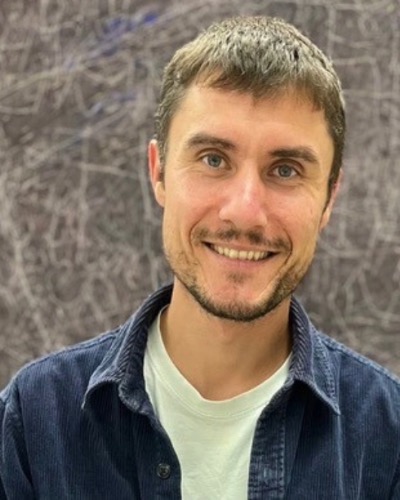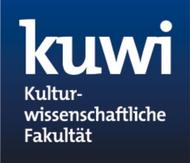Julius Voigt

privat
Europa-Universität Viadrina
Projektmitarbeiter «SKILL»- Dialogues between theory and practice
- Artistic research
- Aesthetics of reception and production
- Embodiment, experiential knowledge and intuition
- Literalities between semiotics and materiality
- Writing/ academic didactics and collaborative artistic/ research processes
- Text-image relations, poetic and epistemic spaces
EDUCATION
Julius Voigt received his BA in Cultural Studies (2012-2015) and an MA in Literary Studies, Philosophy and Aesthetics (2015-2021) from the European University Viadrina in Frankfurt (Oder). In parallel, he completed studies in Fine Arts and Sculpture at the Berlin-Weißensee School of Art (2017-2023). In addition, he trained as a writing peer tutor at the Center for Teaching and Learning (ZLL) of the European University Viadrina.
EXPERIENCES
Julius worked as a student assistant at the Viadrina's ZLL / Writing Center (2013-2016), where he learned and began to bring together creative methods with scientific work and writing, something that has significantly influenced and continues to inform his subsequent steps in education and work. He has worked as a research assistant at the Chair of East European Literatures (2015-2016) and at the Chair of Comparative Cultural Sociology (2017-2020) at Viadrina. From 2017-2020 he worked as a artistic/research assistant at the Berlin-Weißensee School of Art, and since 2021 he has worked there as a lecturer in the Department of Theory and History, as well as a lecturer at the SRH Berlin School of Popular Arts. At ENS he is working for the SKILL project and since September 2023 he takes on the role of a 'translator' between computer science, political science and research-based learning on behalf of ZLL, moderating this trialogue and accompanying it in a research-oriented way.
CURRENT RESEARCH FOCUS
In his planned PHD project he is particularly interested in the translations, intersections and differences between artistic and artificial intelligence and the knowledge and its forms and in-formations that emerge in artistic/scientific processes. A special focus at this is on the role of the artistic and knowledge-creating subject in hybrid (analog/digital) spaces.
